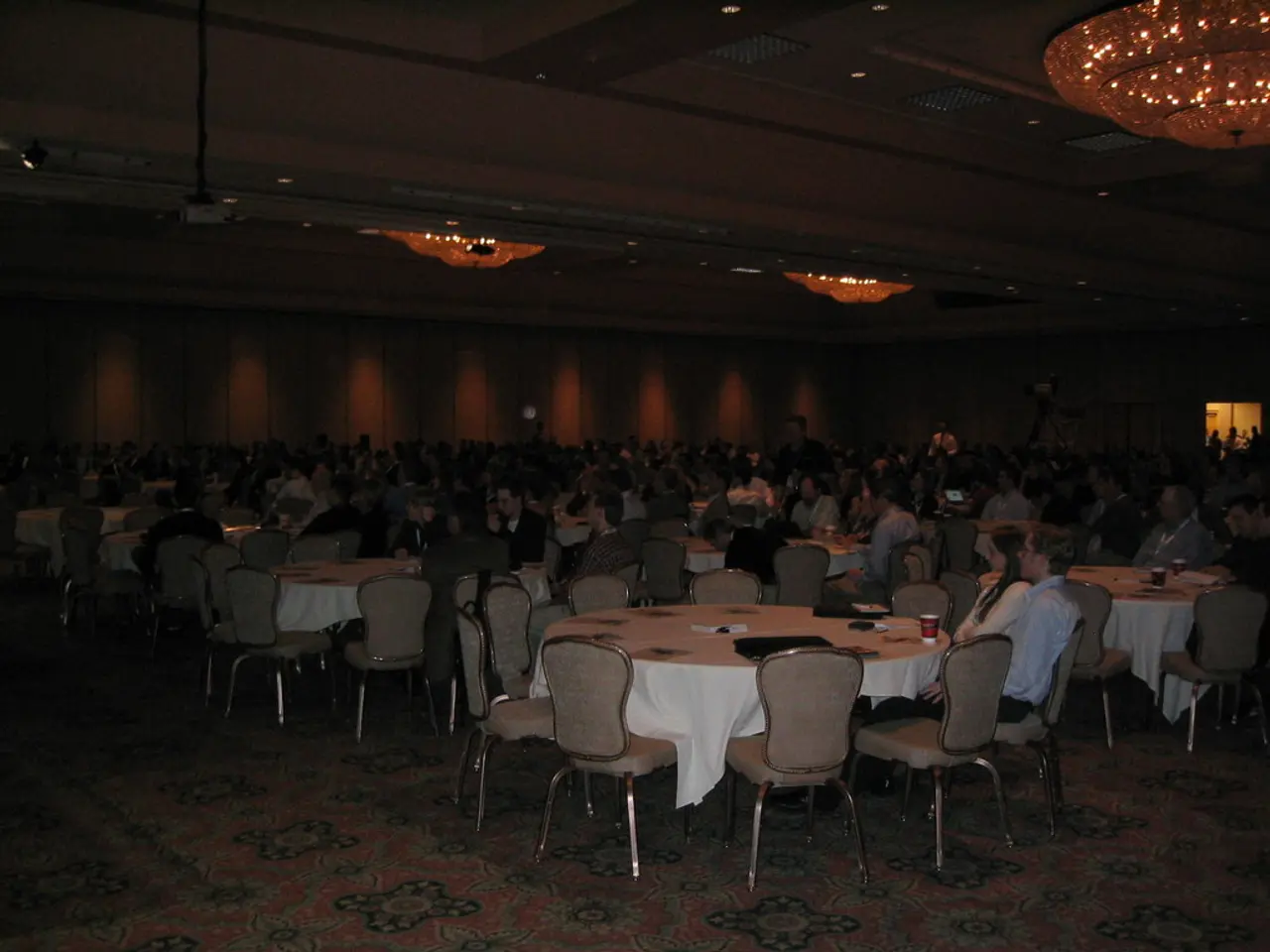Warm-Hearted Ireland: A Nation Known for Its Hospitality
In the heart of Ireland, a land steeped in history and tradition, the practice of hospitality within churches has evolved to become a powerful force for unity and inclusivity in the 21st century.
Traditionally, Irish churches, particularly Catholic parishes, have played a pivotal role in community life, offering spiritual guidance, social support, charitable outreach, and hospitality. During times of hardship, such as after the famine, the church served as a primary source of sustenance, counsel, and cohesion. This legacy has left a lasting impression, positioning churches as safe spaces offering refuge and comfort.
However, church attendance and influence have fluctuated over the years. While the Catholic Church dominated Irish life for much of the 20th century, the late 20th and 21st centuries saw a decline in traditional churchgoing, paralleled by rising secularism and diversification of the population through immigration.
Amidst this change, the practice of hospitality in Irish churches has undergone notable evolution. In broader church traditions, charitable outreach, social integration, and community building remain central. Churches continue to offer food, clothing, counseling, and other practical support, especially to vulnerable populations. They increasingly focus on fostering inclusivity, especially as Ireland becomes more multicultural and multireligious. Events such as coffee mornings, after-service gatherings, and cultural celebrations enhance hospitality and encourage social interaction.
In contrast, evangelical churches, which number over 500 outside mainstream denominations in Ireland, often hidden from census data, have been shaped by global evangelical movements. They frequently establish language classes, refugee support networks, and integration programs targeting immigrants and minority groups. Contemporary worship styles, community meals, and small groups create welcoming environments for diverse attendees.
This hospitality, rooted in the ancient Irish language Gaeilge, which has been spoken for over 2500 years, offers a place of belonging and connection in an increasingly lonely world. The phrase 'Céad míle fáilte'—meaning '100,000 welcomes'—is a traditional Irish greeting that encapsulates this spirit.
In recent years, many churches in Ireland have participated in parades, festivals, and extended hospitality during events. On occasion, local Irish dishes like breakfast or stew are served to honor the local culture. This practice breaks down binary notions of 'us and them', promoting unity and inclusivity.
The hospitality practiced by churches in Ireland can confront discrimination and xenophobia, serving as a prophetic witness to God's intercultural kingdom. It invites Irish people to come and taste that the gospel is still good news. By breaking down barriers and fostering understanding, these churches have become vital to social cohesion and integration in 21st-century Ireland.
However, ongoing challenges remain, such as ensuring genuine inclusivity for women and minority groups within church leadership and decision-making processes. As traditional church roles shift, there is an opportunity for evangelical churches to model hospitality that is open to all, irrespective of background or belief.
In conclusion, the practice of hospitality in Irish churches—especially within evangelical congregations—has evolved to meet the needs of an increasingly diverse population. By prioritizing inclusivity, practical support, and intercultural engagement, churches have become vital to social cohesion and integration in 21st-century Ireland. The hospitality of the Irish people, a long-standing virtue dating back to prehistoric times, continues to shine brightly in these modern spaces of welcome.
- Despite some fluctuations in church attendance, the practice of hospitality in Irish churches has remained a significant factor in community life, mirroring the lifestyle of inclusivity and unity.
- Fashion-and-beauty aside, the hospitality provided by these churches is a vibrant example of personal-growth, offering solace and connection to those in need.
- Food-and-drink often plays a crucial role in these gatherings, with Irish dishes serving as a reminder of family-dynamics and traditions.
- As global-cuisines become more prevalent, churches have taken the opportunity to introduce new flavors and foster cultural exchange.
- Relationships are fostered not just between parishioners, but also between the church and the broader community, including immigrants and minority groups.
- Travelers seeking authentic experiences can find welcoming hospitality in Irish churches, making these institutions valuable for cultural-travel.
- The cars parked outside these churches may vary, yet car-maintenance is not a priority in these spaces, where the focus is on nurturing mindfulness and understanding.
- Despite the spiritual focus, career-development and job-search workshops are not uncommon, providing practical skills training for attendees.
- The evolution of Irish churches has also included a shift towards electric-vehicles, reflecting a growing concern for the environment and sustainability.
- The hospitality extended by these churches extends beyond traditional events, with many now offering sports, including basketball, as part of their community engagement.
- Sports-betting might not seem related, but some churches have used it as a tool for job-search, teaching skills such as risk management and data analysis.
- In times of adverse weather conditions, weather-forecasting is an essential skill for church organizers to ensure seamless hospitality and events.




